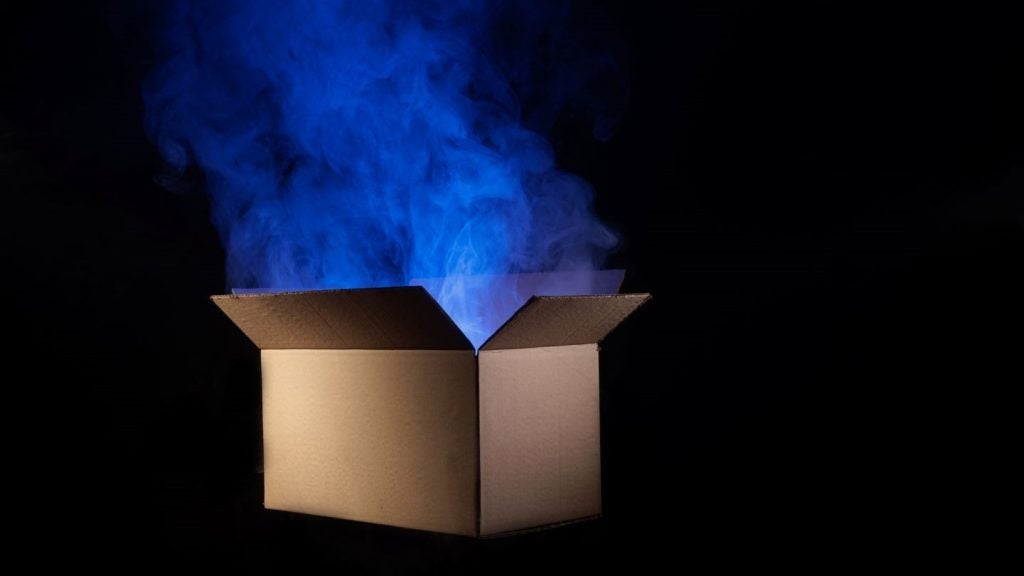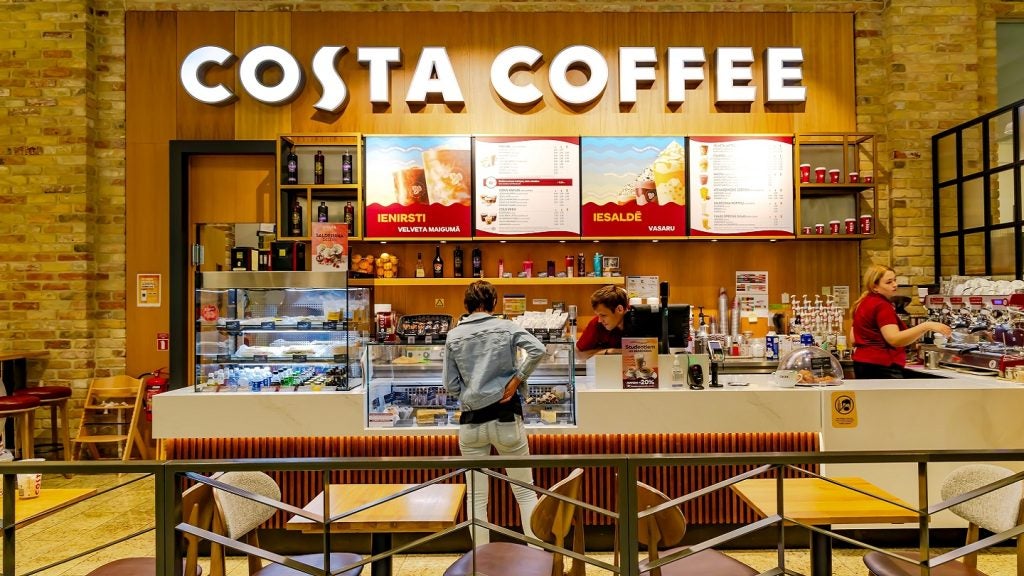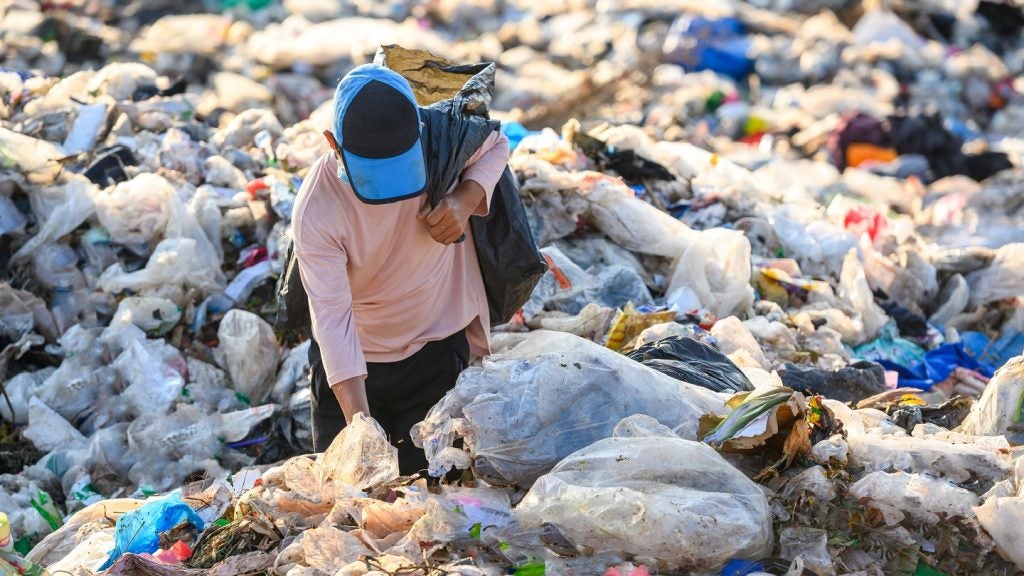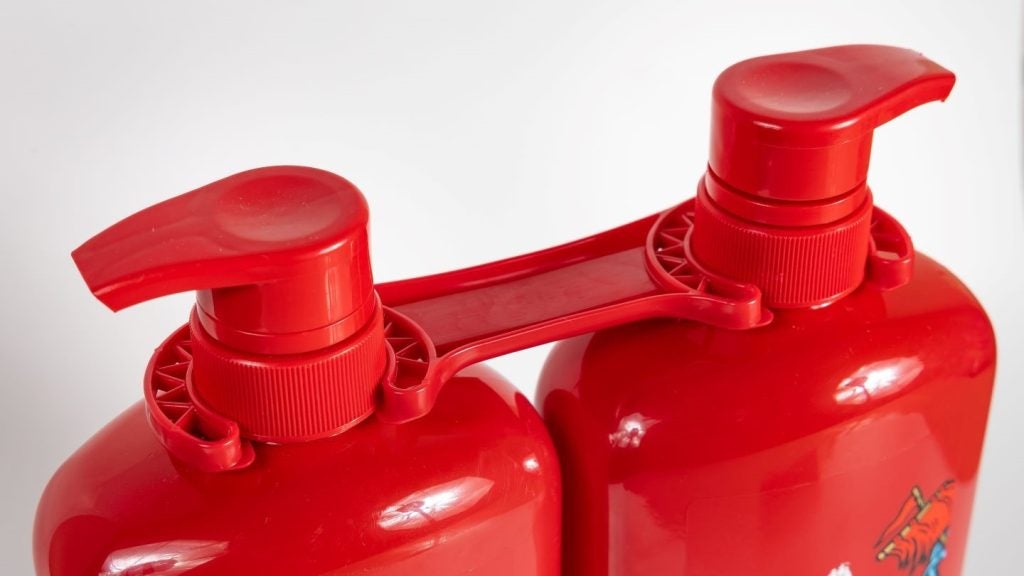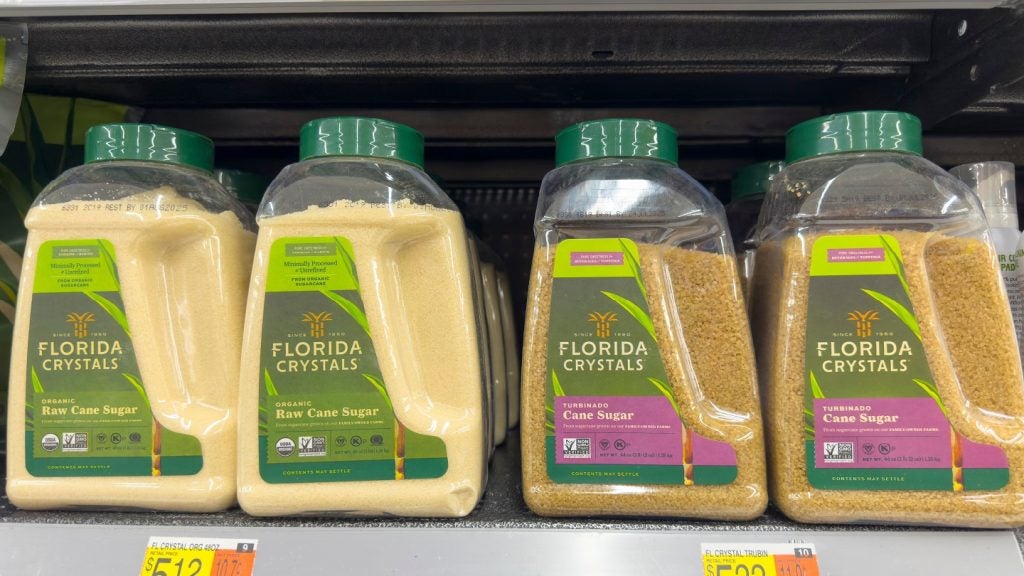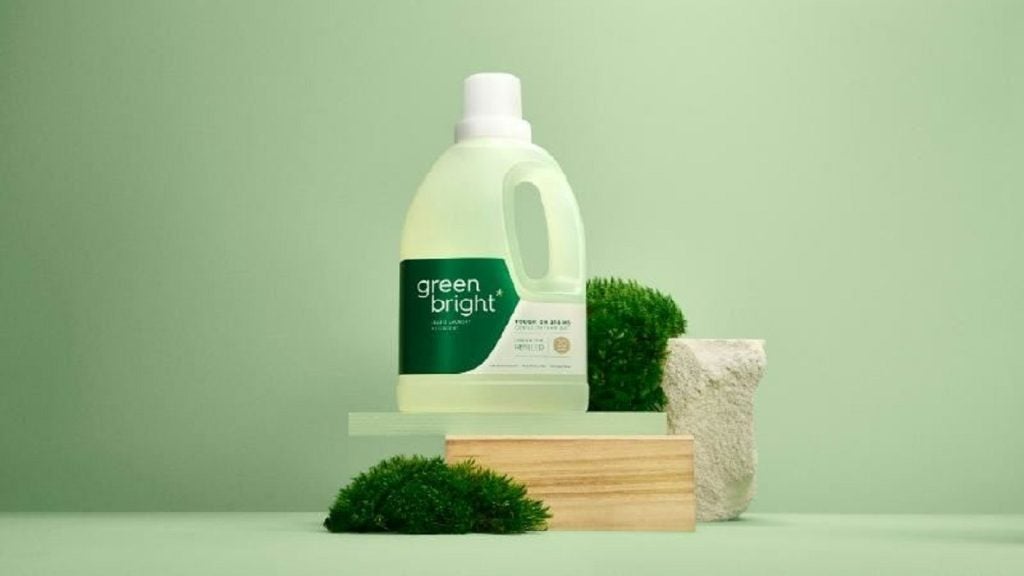In a world increasingly focused on sustainability, the misconceptions around luxury packaging continue to persist. Can packaging be sustainable and still offer consumers a premium experience? Put simply, yes it can.
The myths around sustainability can hinder progress and innovation for brands, especially in the luxury sector where both aesthetics and ethics matter enormously. First impressions are paramount and this means conveying a brand story through packaging. But sustainable does not mean compromising on quality.
At James Cropper, we are dedicated to removing misconceptions and demonstrating that it is possible and indeed, advantageous, to marry sustainability with luxury. We are on a mission to educate and serve brands through our award-winning, innovative designs with prestigious names like Maison Ruinart, Maison Perrier-Jouët, and Bruichladdich already exemplifying the possibilities in sustainable luxury packaging.
To help in this quest, we have debunked eight of the most common myths:
Myth 1: The paper industry is managed unethically
European forests are now 30% larger than they were in the 1950s. Forests play a crucial role in mitigating climate change as they act as the Earth's main carbon sink. Sustainable forestry practices ensure that the paper industry can be ethical and environmentally responsible, contributing positively to forest management and conservation efforts.
The first of its kind in the whisky space, James Cropper produced a coloured wrap for The Bruichladdich Eighteen and The Bruichladdich Thirty using 100% green energy and wood pulp sourced from sustainably managed forests.
Moulded to the shape of the Bruichladdich optimised, proprietary glass bottle, not only is the wrap is the definition of conscious modern luxury, it’s also 100% recyclable in every household.
Myth 2: Paper only grows on trees
There are many diverse fibre streams available, including recycled ones and the great thing is, using recovered fibres means waste is diverted from landfills. At James Cropper, our paper can be made from a variety of sources that many would never imagine. We take fibre from coffee cups, office waste, and even recovered denim. This approach not only supports sustainability but also reduces the burden on natural resources. In 2023, we partnered with luxury retail customers to create bespoke packaging solutions including moulded fibre and recycled fibre included in over 16 million shopping bags.
Myth 3: Diverse fibre streams are hard to find
Stable fibre streams are a reality. Our comprehensive understanding of fibre, developed over 179 years of papermaking, ensures that we have access to reliable and secure sources. This stability allows us to produce high-quality paper consistently and helps the regeneration of natural systems, today and for future generations.
Myth 4: Recycled fibre equals dirty paper
Recycled paper is clean paper. The myth that recycled paper is dirty or of poor quality is outdated. Today’s recycled papers can have the same clean, pristine look as virgin fibre papers, but with the added benefit of being environmentally friendlier.
Myth 5: Foil isn’t recyclable
Packaging that includes foil can be recycled. Cold and hot foils applied up to a coverage of 80% are repulpable, meaning your packaging can be recycled again, and again. This dispels the notion that luxurious finishes must come at the cost of recyclability.
Myth 6: Recycled fibre isn’t strong or consistent
Recycled fibre is designed with the commercial environment in mind. Our paper withstands rigorous use, maintaining reliability in both strength and appearance. Whether you need a clean white, an atmospheric black or a bespoke shade, recycled papers deliver.
So much so that Selfridges provides used cups from its retail stores and offices to James Cropper, where they are upcycled through the award-winning CupCycling process into beautiful paper for the store’s iconic yellow shopping bags. It’s a completely unique closed-loop recycling solution which demonstrates a joint commitment to proactively tackle environmental issues.
Myth 7: You can’t achieve the same finish with recycled content
The FibreBlend model embraces the key strands of a circular economy system, perfectly balancing virgin and recycled fibres to deliver both performance and sustainability. This innovative approach ensures that recycled content does not mean compromising on aesthetics or functionality.
Coty recognised the flawless finish of the reclaimed fibre when they chose it to house their Chloe Eau de Parfum Rose Naturelle. Made with 40% reclaimed fibre, the paper gives a second life to post-consumer waste and is blended with fresh fibre from sustainable forestry sources to deliver a beautiful finish with a strong environmental pedigree.
Myth 8: It’s impossible to have an ethical supply chain
It’s possible to own your story, right back to the source. Brands can stand by their environmental commitments, with wood pulp certified to FSC® or PEFC® standards from sustainably managed forests.
By the end of 2024, EU countries are expected to have established producer responsibility schemes for all packaging. By 2030, 100% of all packaging should be recyclable. These regulatory changes highlight the growing need for brands to act now and comply with these new laws to help reduce waste.
In the UK alone, approximately 12 million tonnes of packaging waste are disposed of each year. That simply cannot continue.
The time for excuses is over. Consumers are increasingly choosing products based on their eco-friendly credentials and brands are seeking out low-carbon, regenerative and bio-based solutions. Together, we can make a material difference, forming the fibres of daily life with a perfect blend of performance, sustainability, and visual appeal. Let’s lead the way in sustainable luxury packaging and create a future where ethics and elegance coexist seamlessly.
About the Author: Kate Gilpin is Product Manager, Luxury Packaging,
at global papermaker James Cropper.


